308 results in Books and Monographs
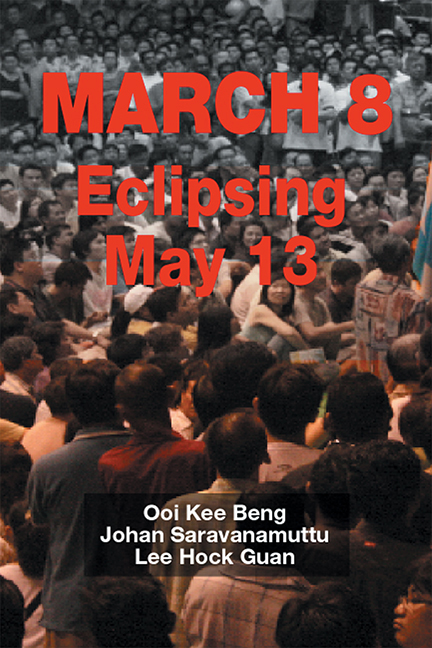
March 8
- Eclipsing May 13
-
- Published by:
- ISEAS–Yusof Ishak Institute
- Published online:
- 21 October 2015
- Print publication:
- 26 November 2008
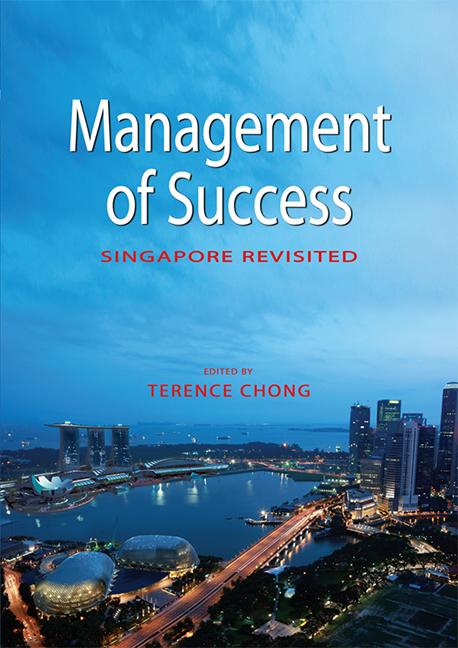
Management of Success
- Singapore Revisited
-
- Published by:
- ISEAS–Yusof Ishak Institute
- Published online:
- 21 October 2015
- Print publication:
- 25 June 2010
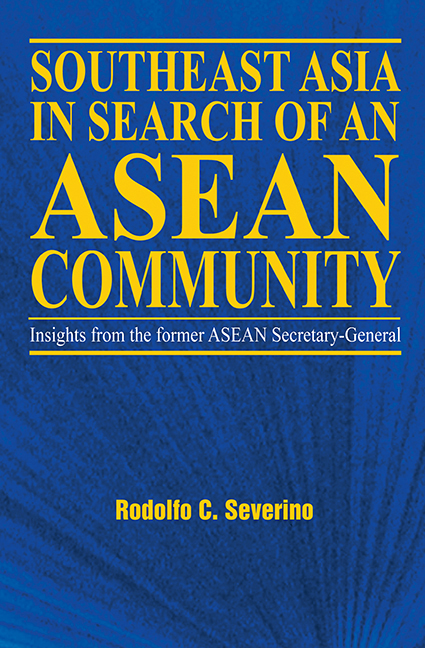
Southeast Asia in Search of an ASEAN Community
-
- Published by:
- ISEAS–Yusof Ishak Institute
- Published online:
- 21 October 2015
- Print publication:
- 19 September 2006

Regional Outlook
- Southeast Asia 1994-95
-
- Published by:
- ISEAS–Yusof Ishak Institute
- Published online:
- 21 October 2015
- Print publication:
- 01 January 1994

Migration and Diversity in Asian Contexts
-
- Published by:
- ISEAS–Yusof Ishak Institute
- Published online:
- 21 October 2015
- Print publication:
- 15 October 2012

ISEAS Perspective
- Selections 2012-2013
-
- Published by:
- ISEAS–Yusof Ishak Institute
- Published online:
- 21 October 2015
- Print publication:
- 08 January 2014

Legacy of Engagement in Southeast Asia
-
- Published by:
- ISEAS–Yusof Ishak Institute
- Published online:
- 21 October 2015
- Print publication:
- 25 September 2008

Myanmar in ASEAN
- Regional Cooperation Experience
-
- Published by:
- ISEAS–Yusof Ishak Institute
- Published online:
- 21 October 2015
- Print publication:
- 05 January 2005
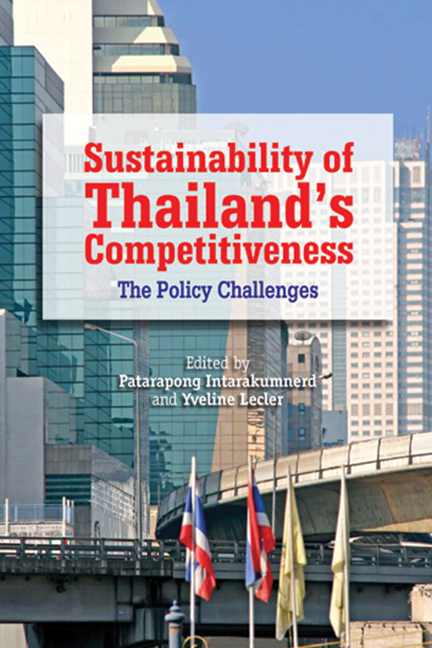
Sustainability of Thailand's Competitiveness
- The Policy Challenges
-
- Published by:
- ISEAS–Yusof Ishak Institute
- Published online:
- 21 October 2015
- Print publication:
- 19 October 2010

Currency and the Economy of Netherlands India, 1870-95
-
- Published by:
- ISEAS–Yusof Ishak Institute
- Published online:
- 21 October 2015
- Print publication:
- 01 March 2006
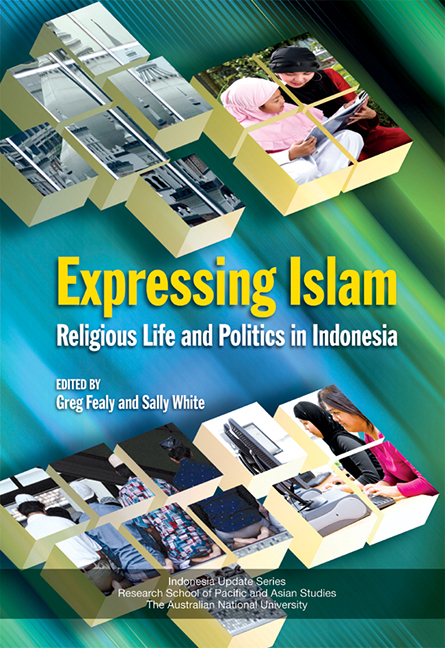
Expressing Islam
- Religious Life and Politics in Indonesia
-
- Published by:
- ISEAS–Yusof Ishak Institute
- Published online:
- 21 October 2015
- Print publication:
- 14 August 2008

Nahdlatul Ulama and the Struggle for Power within Islam and Politics in Indonesia
-
- Published by:
- ISEAS–Yusof Ishak Institute
- Published online:
- 21 October 2015
- Print publication:
- 18 March 2009

Malaysia
- Islam, Society and Politics
-
- Published by:
- ISEAS–Yusof Ishak Institute
- Published online:
- 21 October 2015
- Print publication:
- 19 April 2003

Islam and the Secular State in Indonesia
-
- Published by:
- ISEAS–Yusof Ishak Institute
- Published online:
- 21 October 2015
- Print publication:
- 04 May 2009
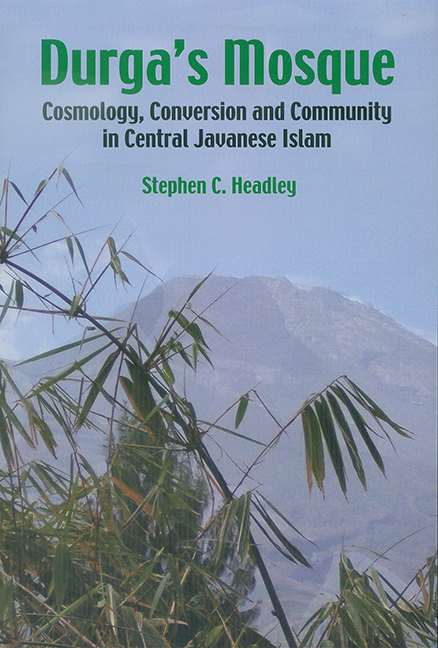
Durga's Mosque
- Cosmology, Conversion and Community in Central Javanese Islam
-
- Published by:
- ISEAS–Yusof Ishak Institute
- Published online:
- 21 October 2015
- Print publication:
- 16 August 2004
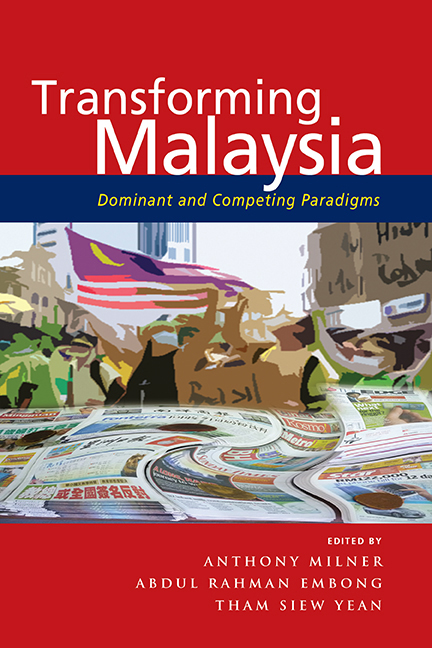
Transforming Malaysia
- Dominant and Competing Paradigms
-
- Published by:
- ISEAS–Yusof Ishak Institute
- Published online:
- 21 October 2015
- Print publication:
- 28 February 2014
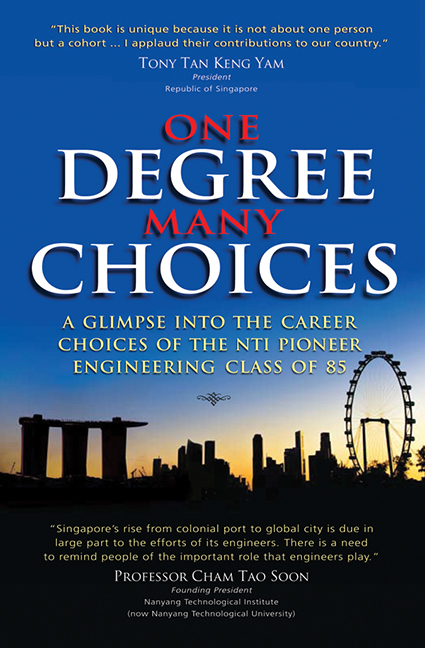
One Degree, Many Choices
- A Glimpse into the Career Choices of the NTI Pioneer Engineering Class of 85
-
- Published by:
- ISEAS–Yusof Ishak Institute
- Published online:
- 21 October 2015
- Print publication:
- 23 February 2012
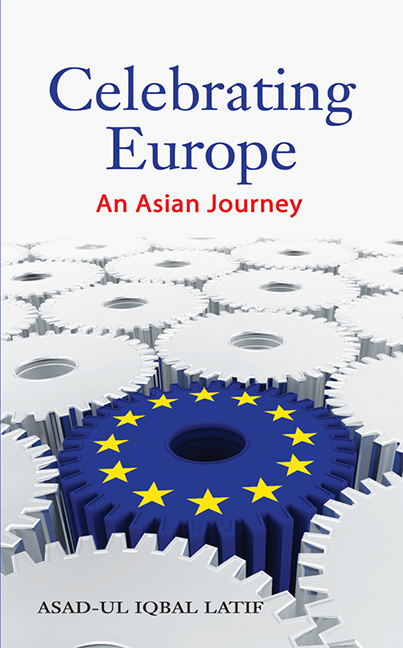
Celebrating Europe
- An Asian Journey
-
- Published by:
- ISEAS–Yusof Ishak Institute
- Published online:
- 21 October 2015
- Print publication:
- 05 February 2012

Governance in Indonesia
- Challenges Facing the Megawati Presidency
-
- Published by:
- ISEAS–Yusof Ishak Institute
- Published online:
- 21 October 2015
- Print publication:
- 26 December 2002

Musical Worlds of Yogyakarta
-
- Published by:
- ISEAS–Yusof Ishak Institute
- Published online:
- 21 October 2015
- Print publication:
- 05 October 2012


